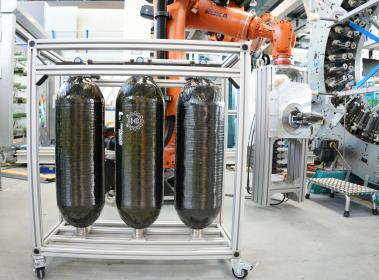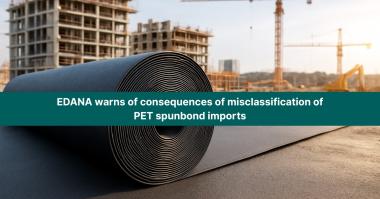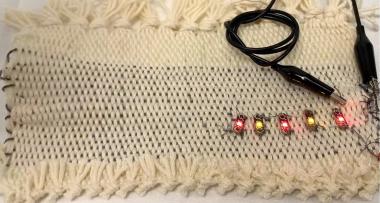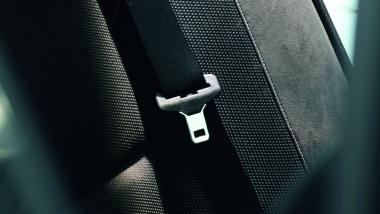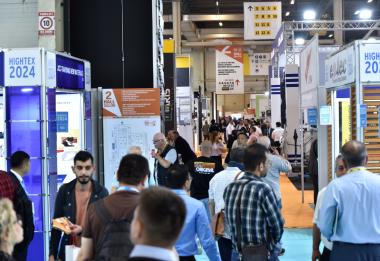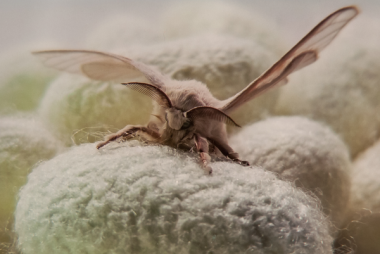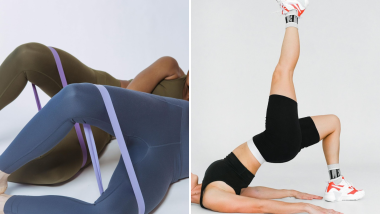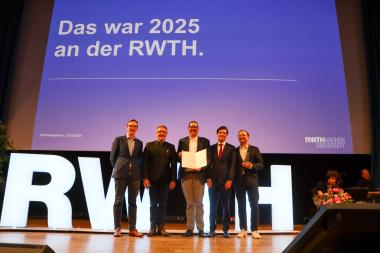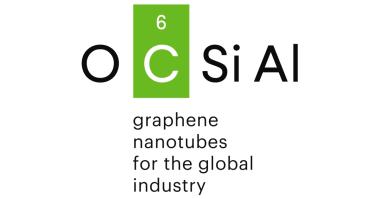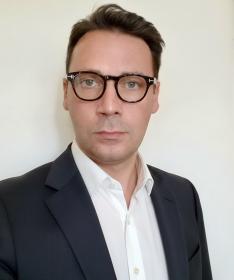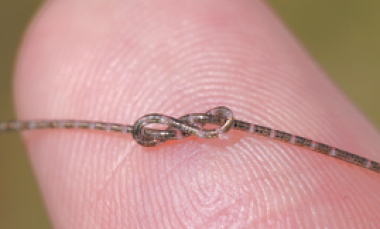More affordable, environmentally friendly hydrogen pressure tanks at ITA-JEC booth
As a highlight of the JEC, the Institut für Textiltechnik (ITA) of RWTH Aachen University will be presenting hydrogen pressure tanks manufactured using multifilament winding processes at the NRW joint booth in Hall 5, Stand G65.
TowPreg-based winding allows fibres to be laid down in a very targeted manner and reduces quality fluctuations. According to initial estimates, this saves at least around 10 per cent of carbon fibres compared to wet winding. This is an important consideration, as carbon fibres are among the most expensive components of a pressure vessel. In addition, cleaning costs in production are reduced, less waste is produced and manufacturing takes place with virtually no solvent vapours.
The hydrogen tanks can be used in buses, lorries, ships and portable gas transport systems – anywhere where lightweight, safe high-pressure storage is crucial.
JEC Institut für Textiltechnik der RWTH Aachen University ITA Institut für Textiltechnik of RWTH Aachen University hydrogen multifilament yarns
Institut für Textiltechnik (ITA) der RWTH Aachen University


